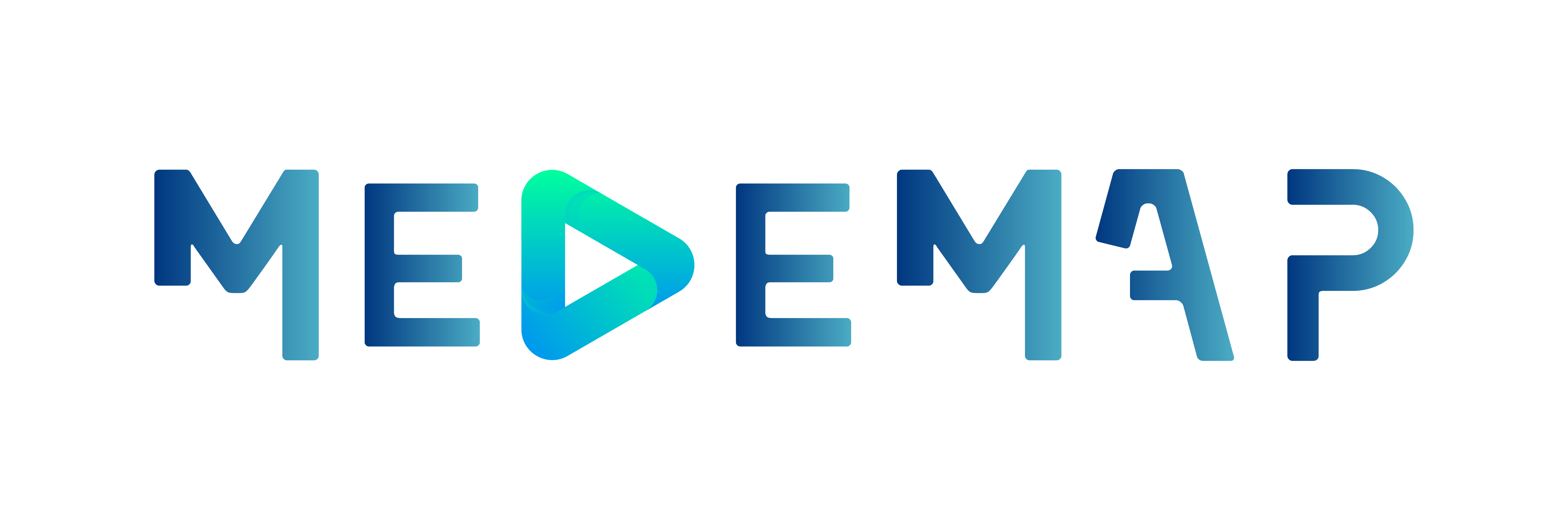After Vienna and Milan, Lisbon hosted the third consortium meeting to discuss further steps on the research that investigates media dynamics and impacts on European democratic systems.

Partners and guests gathered for the roundtable, the event that marked the end of the project meeting. (Photo: ©Margaryta Kulichova)
Between March 6 and 8, Lusófona University – Lisbon University Center hosted the third meeting of the “MeDeMAP – Mapping Media for Future Democracies” project (Grant Agreement No 101094984), funded by the Horizon Europe program.
The ten partners that make up the consortium attended the meeting that focused on the advances of the project’s first year and the discussion and planning of the next steps, which include empirical research focused on the supply and demand dynamics in the European countries involved in the research – Portugal, France, Italy, Austria, Czech Republic, Poland, Estonia, Ireland and Slovenia. The first results, namely the theoretical contextualization and analytical models coordinated by the Charles University team, are available on the project website.



1- Results presentation on Wednesday, March 6th | 2 – Coordinator Josef Seethaler presenting the outline of work package 3 focused on legal and (self-)regulatory frameworks | 3 – Recording members’ testimonies for the project’s podcast. (Photos: ©Margaryta Kulichova)
“Media and Democracies – Strengths, Threats and Opportunities”: theme served as a kick-off for a roundtable discussion
To close the meeting the Fernando Lopes cinema hosted a roundtable, open to the public. Journalists, researchers and NGO members working in the field of Media Literacy made up the panel that energized the event . The roudntable aimed to promote a moment dedicated to debate on the current state of democracy in the media and the future challenges and opportunities leveraged by new tools and technologies.
Karla Pequenino (Público newspaper), Mariana Lameiras (United Nations University), Isabel Nery (Media Literacy and Journalism), Manuel Pita (Lusófona University and CICANT) and Ricardo Cabral Fernandes (Setenta e Quatro newspaper) were the names on the event’s panel. The journalists, researchers and NGO members presented the work they have been doing in their various areas of activity. Karla Pequenino discussed, among other topics, the issue of artificial intelligence, especially its advantages and disadvantages for the journalism sector. Mariana Lameiras brought to the table a reflection on the influence of national and international authorities on the media, not forgetting the new media culture, transparency policies and social engagement in democracy. In her presentation, Isabel Nery focused on the work carried out by the Media Literacy and Journalism Association to promote media literacy in schools. In its turn, Manuel Pita, who also researches issues such as artificial intelligence, social networks and information processes, shared concerns related to the need to a deeper reflection on the behavior and individual needs of citizens when it comes to media consumption. Finally, Ricardo Cabral Fernandes reflected on the journalistic profession and the threats to the professional class that have marked recent years.
This event was recorded and will later be available on the project’s digital communication channels so that the public can watch it for the first time or revisit the moment.
